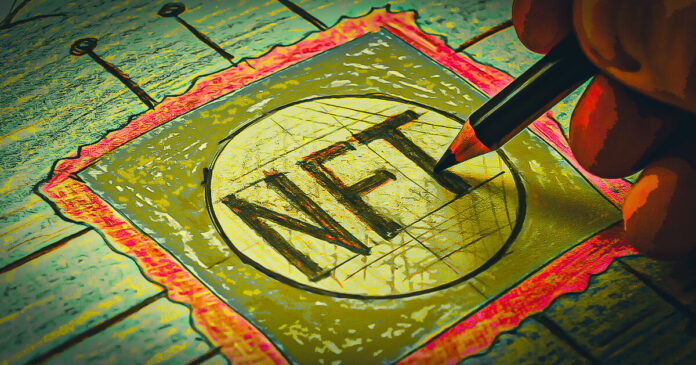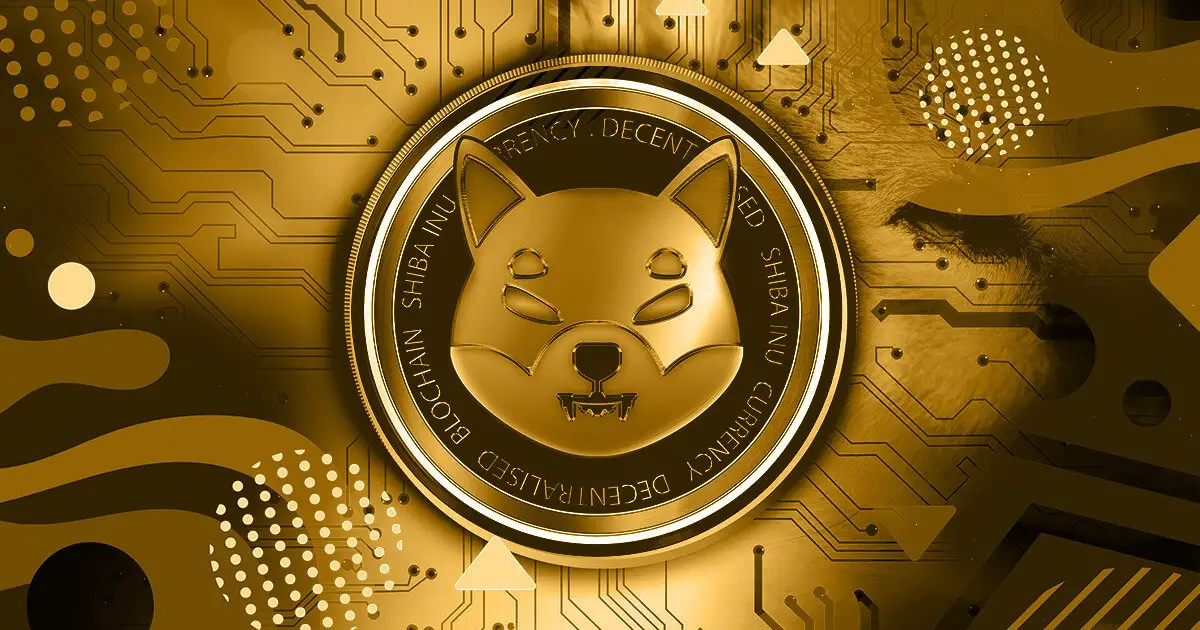
The growing market for non-fungible tokens has wrought confusion about their relationship to copyright law. Some of this is due to inexperience and misunderstandings among people minting NFTs, but much also has to do with the limitations of current copyright law and existing licenses.
One possible solution would be the creation of a special license for NFTs. For now, the lack of clarity will likely expose creators and traders to expensive lawsuits.
NFTs and copyright: Common Misconceptions
Many people, both minting and trading NFTs, believe that the owner of the NFT has a copyright on the image that has been minted, but this is incorrect. In law, two sorts of rights are involved – possession of a physical object and the representation of it.
For example, if you own a coffee mug, you can sell it to anyone, but once sold it leaves your possession, and you have no further rights. But you can also take a photograph of it and make as many copies as you want and sell those copies without selling the mug. You can also allow someone else to make copies of your photograph. This is what copyright is: a set of limited rights relating to the reproducibility of an asset.
The copyright owner can license the rights to one person or everyone or for specific purposes only and set the license terms. There are also derivative rights.
For example, the author of a book will generally sell the right to publish the book by itself while retaining the rights to make film or TV adaptations to sell later. There are also derivative rights of derivatives, for example, the TV broadcast rights of a film adaptation of a novel or the right to show the film in a movie theater, make DVDs of it, or upload it to a streaming service.
Importantly, selling a physical object doesn’t include the copyright unless that’s specifically included in the deal. This is most obvious in the case of a novel, where an author can sell their manuscript without selling the copyright. Or if you sell your coffee cup, the new owner doesn’t automatically get the right to make and sell your photograph of it,.
How US Copyright Law Affects NFTs
The internet makes the situation much more complex.
Under US copyright law, according to James Grimmelmann and Yan Ji of Cornell Law School and Tyler Kell of the Initiative for CryptoCurrencies and Contracts, if you photograph your mug and scan it into a computer, that’s making a separate copy.
If you upload it to the web, the server it’s stored on has a separate copy, and then every subsequent time someone navigates to your website and views the image, that makes another copy. So you can be in the position of buying an NFT of the picture and not being legally entitled to view it.
Before NFTs, this wasn’t considered a problem. After all, even a hyper-litigious music company sending takedown notices over a short snippet of a song playing in the background of a video filmed in public will have trouble suing people for listening to a preview of the song on iTunes they uploaded.
Now, though, NFT owners are under the impression that they own the copyright to the works they have minted or purchased and are attempting to sue or license their non-existent rights.
About 20 years ago, Barbara Streisand unsuccessfully sued a photographer and a website he worked in an attempt to remove a picture of her house from the internet (a photo taken to document coastal erosion in California). Still, if she had made an NFT of the image and sued people who downloaded or shared it for copyright infringement, she would have been no more successful.
International Copyright Considerations for NFTs
Copyright confusion extends internationally since copyright law varies by country. The work made an NFT could be copyrighted in one and in the public domain in another. Different countries also have other laws governing things like royalty rights.
While this is nothing that lawyers and businesses working in copyright have not been dealing with, the confusion over NFT copyright status could affect the market value of the tokens. With the NFT market potentially worth billions, this could be a substantial cloud hanging over them.
Who Owns the Art?
A similar problem is that while the ownership of NFTs is on the blockchain, the digital art being minted has no such provenance. A copyrighted work’s legal owner can sue for gross revenue and damages. A further complication can come from AI-generated works.
Currently, the United States Copyright Office says that AI works are uncopyrightable, but it’s unclear what rights creators have if their work is used to train AIs or sampled by them.
Proposing a Special License for NFTs
One possible solution to the confusion would be for copyright owners to create a special NFT license tied to the tokens so that the license would automatically transfer with the token. The license could not be alienated from the NFT and could be recorded as part of the blockchain while minting the token.
This license could be automatic (a compulsory license) if the copyright holder doesn’t make a special provision. This could help protect their rights, and avoid confusion and conflict. This is the approach taken by Dapper Labs’ NFT License, granting certain rights to the purchasers of its NFTs. However, the NFT License does not follow ownership of the NFT.
Conclusion
It’s unlikely that new legislation can address these issues. The existing intellectual property rights regime is very entrenched and the major interests, like record companies and film studios, will fight tooth and nail to keep things as they are.
In light of these complexities, NFT creators and traders must educate themselves about copyright law and ensure they remain within its boundaries to avoid legal complications. While it won’t tarnish the industry like cryptocurrency’s unfair association with money laundering and other crimes, lawsuits and damages from violations will be costly and limit investment.
Disclaimer: The information provided in this article does not, and is not intended to, constitute legal advice; instead, all information, content, and materials provided here are for general informational purposes only. Information on in the article may not constitute the most up-to-date legal or other information. This article contains links to other third-party websites. Such links are only for the convenience of the reader, user or browser.
Credit: Source link






















 Bitcoin
Bitcoin  Ethereum
Ethereum  XRP
XRP  Tether
Tether  Solana
Solana  USDC
USDC  Dogecoin
Dogecoin  Cardano
Cardano  Lido Staked Ether
Lido Staked Ether  TRON
TRON  Wrapped Bitcoin
Wrapped Bitcoin  Chainlink
Chainlink  Wrapped stETH
Wrapped stETH  Avalanche
Avalanche  Sui
Sui  Stellar
Stellar  Litecoin
Litecoin  Toncoin
Toncoin  Shiba Inu
Shiba Inu  Hedera
Hedera  LEO Token
LEO Token  USDS
USDS  Hyperliquid
Hyperliquid  Polkadot
Polkadot  WETH
WETH  MANTRA
MANTRA  Bitcoin Cash
Bitcoin Cash  Bitget Token
Bitget Token  Ethena USDe
Ethena USDe  Wrapped eETH
Wrapped eETH  Uniswap
Uniswap  Monero
Monero  NEAR Protocol
NEAR Protocol  Pepe
Pepe  WhiteBIT Coin
WhiteBIT Coin  Bittensor
Bittensor  Ondo
Ondo  Aave
Aave  Aptos
Aptos  Internet Computer
Internet Computer  Dai
Dai  Official Trump
Official Trump  Mantle
Mantle  Ethereum Classic
Ethereum Classic  Tokenize Xchange
Tokenize Xchange  OKB
OKB  Gate
Gate  sUSDS
sUSDS  Sonic (prev. FTM)
Sonic (prev. FTM) 
